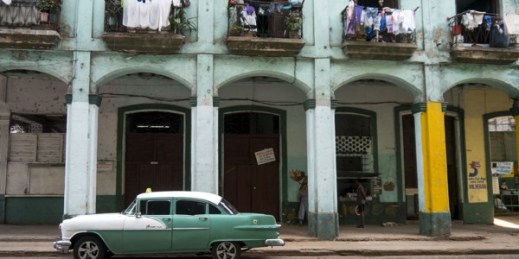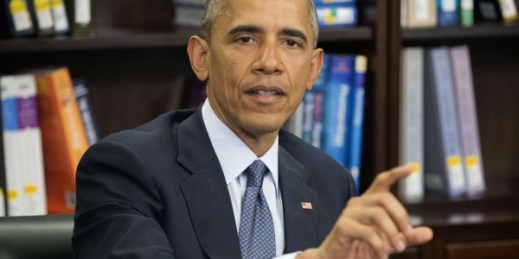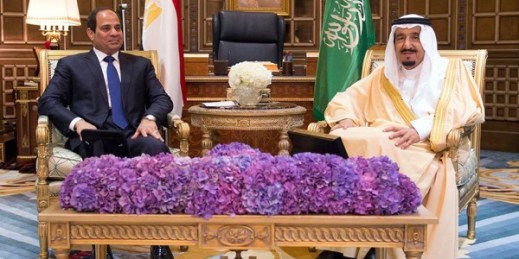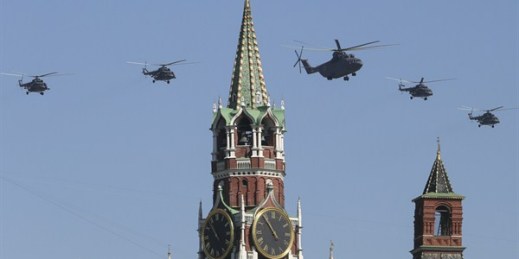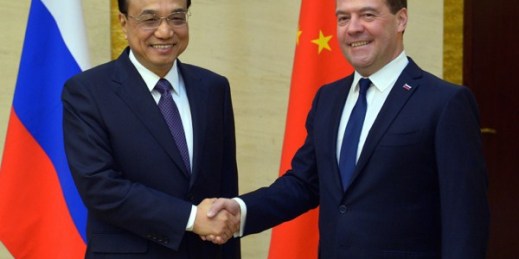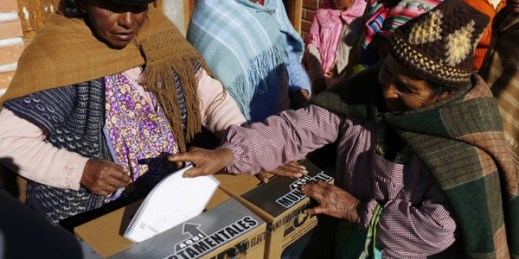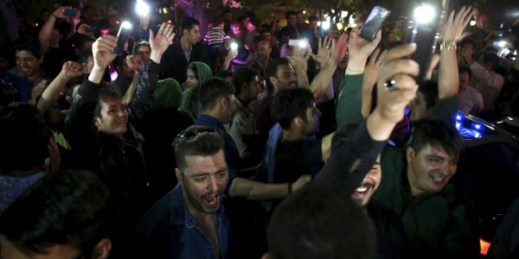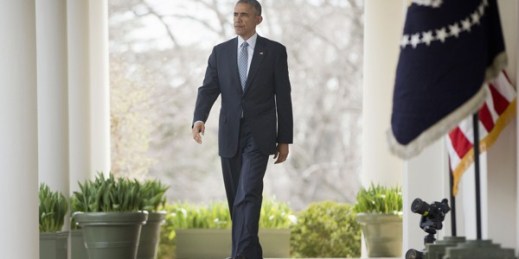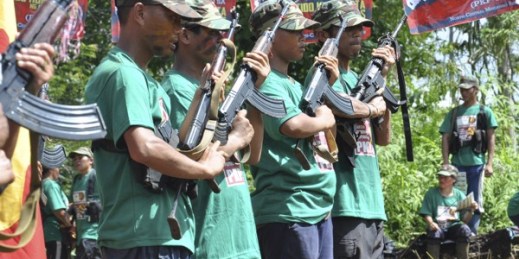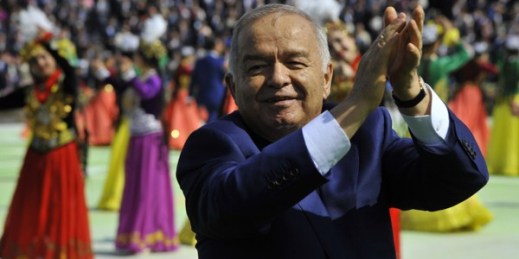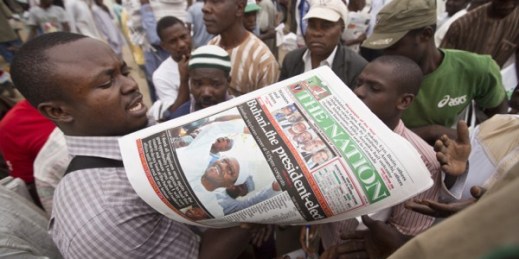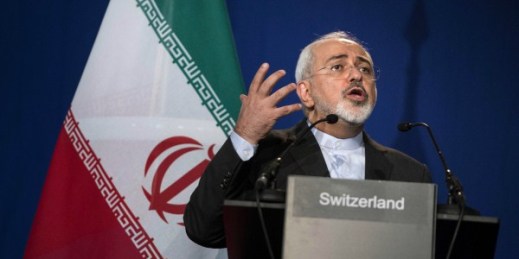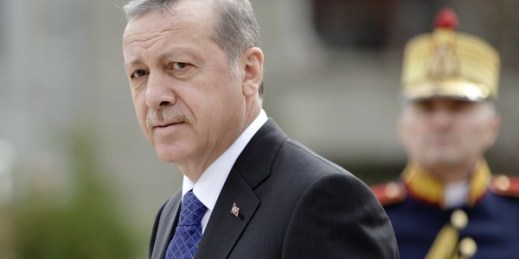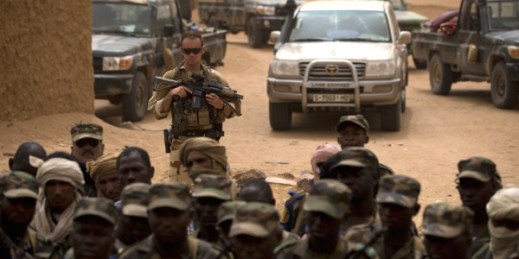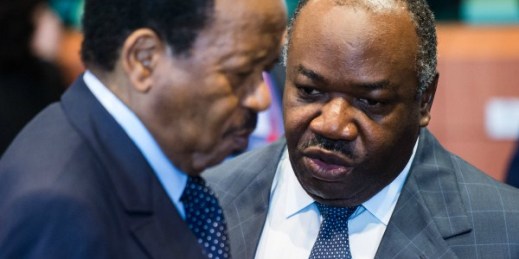
Gabon hardly ever makes headlines outside of the French-language press, so it’s little surprise that the storm brewing over this small, oil-rich country on the west coast of Central Africa for the past few months has received little attention. Yet all indicators point to political turbulence ahead in the run-up to Gabon’s next presidential election, which is scheduled for mid-2016, given a series of protests and strikes, including a teachers’ union strike that has paralyzed Gabon’s education system since February. The growing social unrest has affected Gabon’s economy, with its health, petroleum and telecommunications sectors all feeling the impact; in […]

